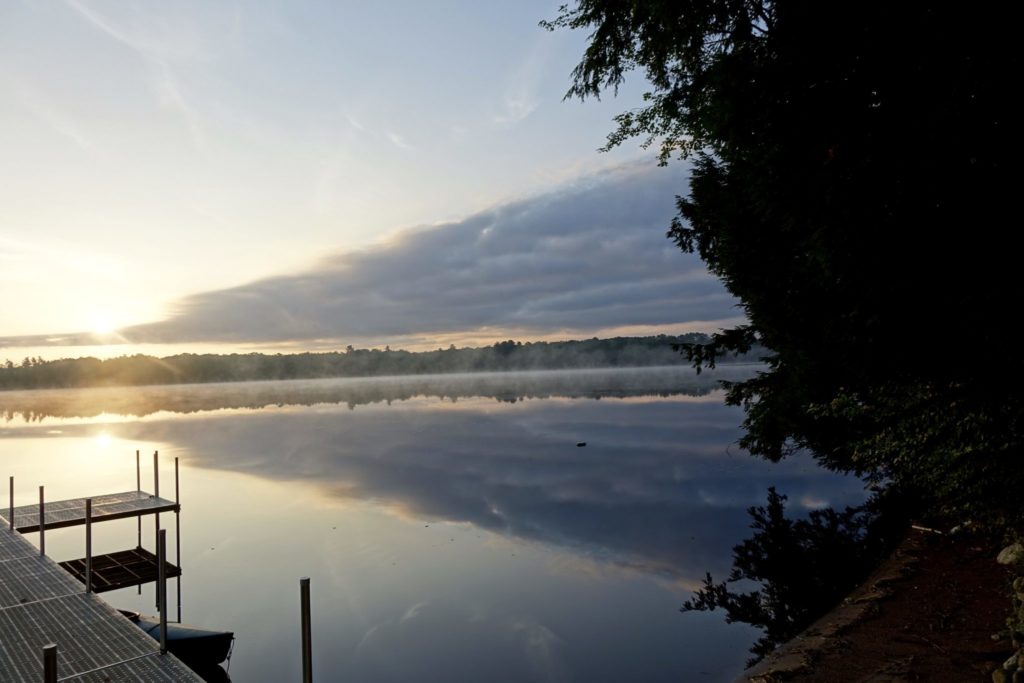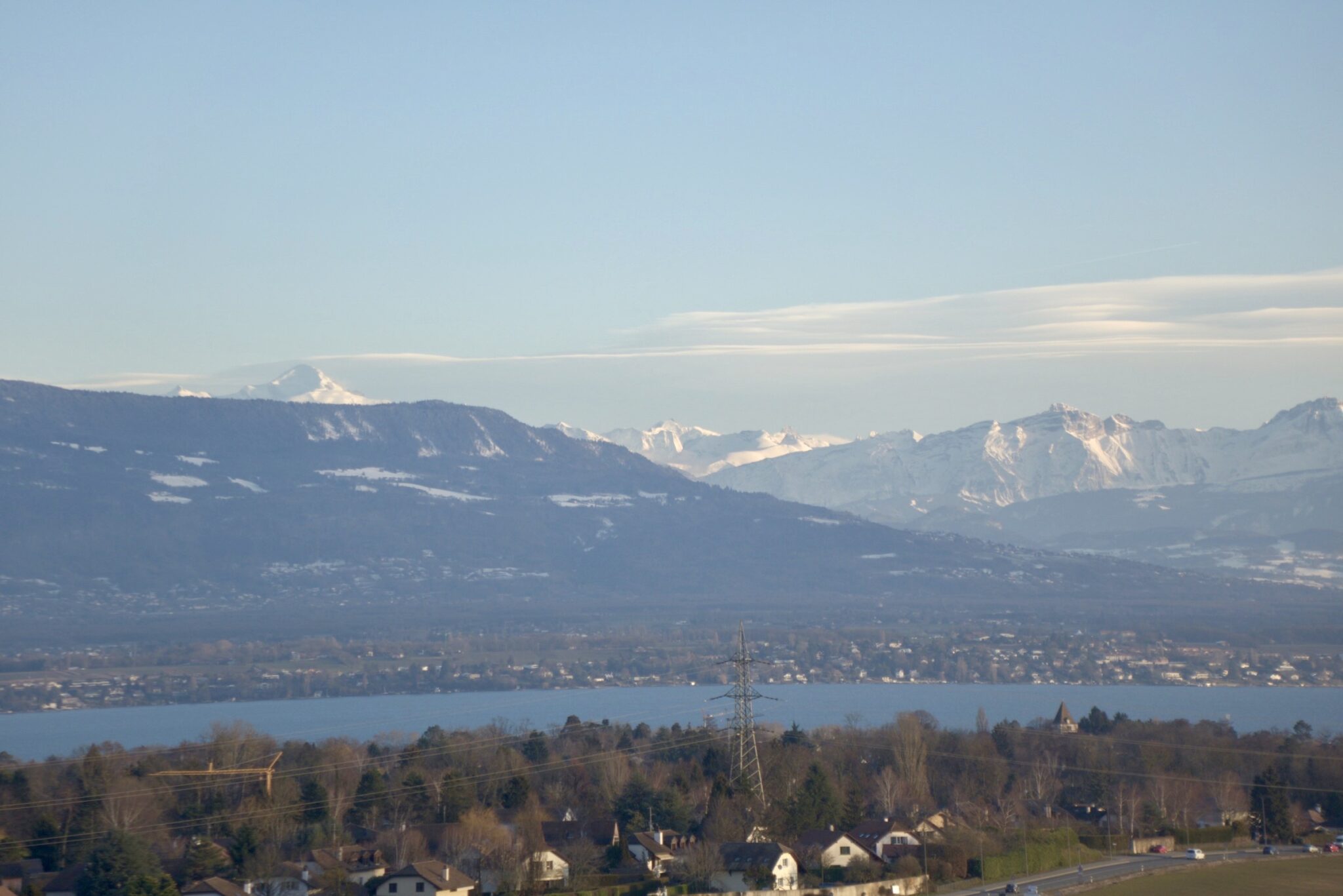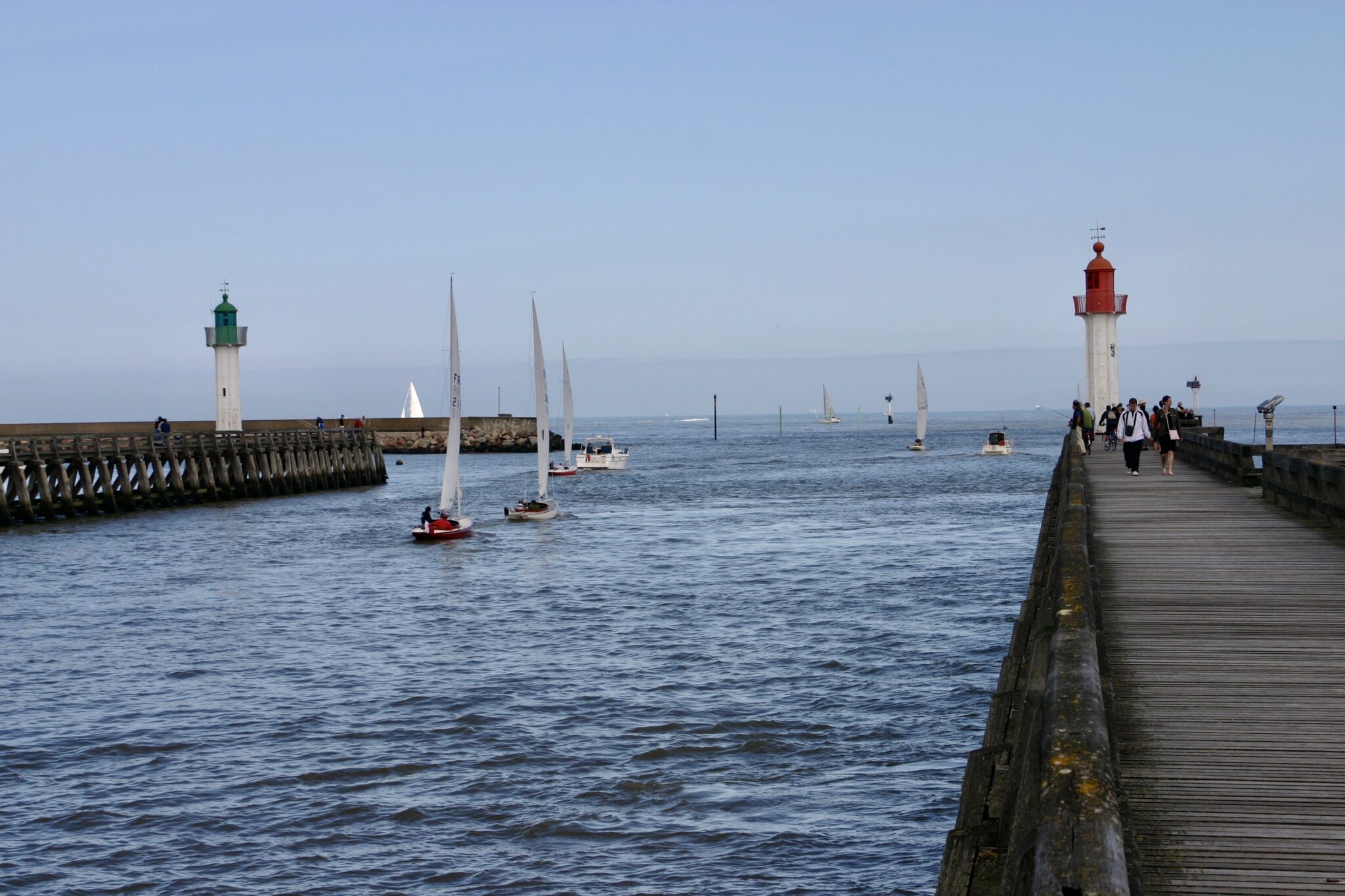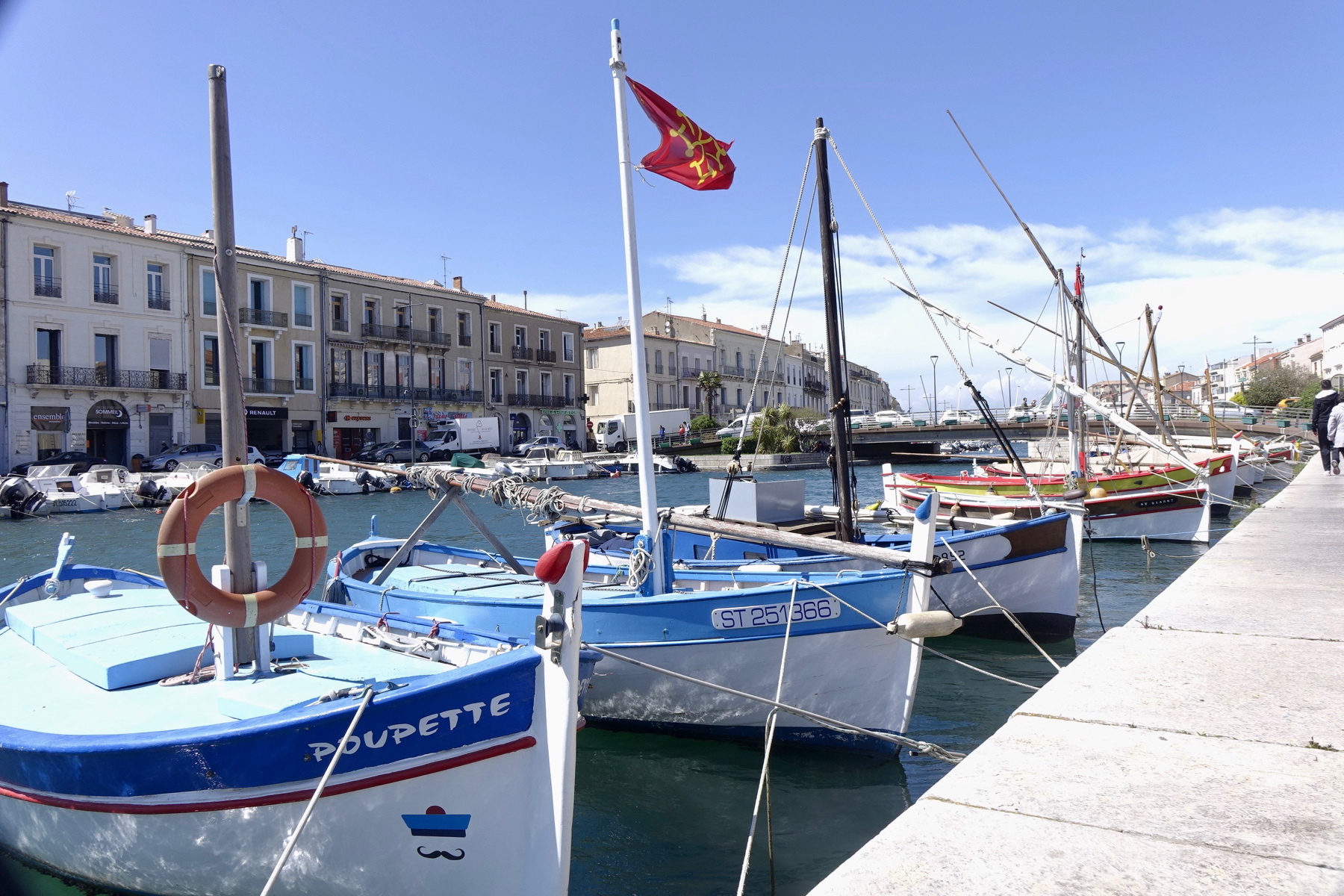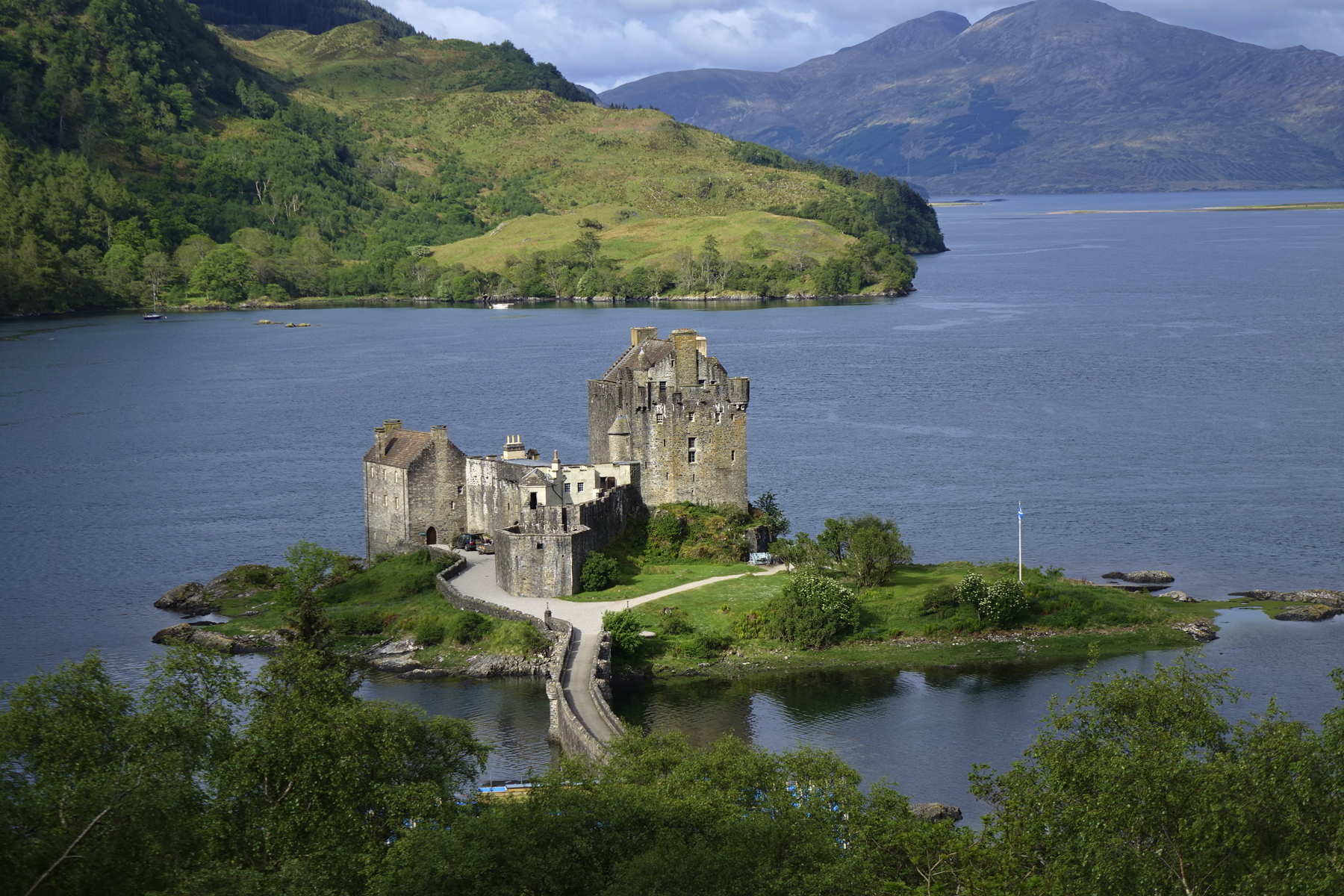 My dad taught me to drive a car, shoot hoops, catch frogs, paddle a canoe, and swim laps. When I was just a hyperactive little kid, he tired of shooing me off the “dangerous” dock. Finally, he reasoned it would safer to teach me to swim than to keep track of my free spirited meanderings near the lake and in the woods.
My dad taught me to drive a car, shoot hoops, catch frogs, paddle a canoe, and swim laps. When I was just a hyperactive little kid, he tired of shooing me off the “dangerous” dock. Finally, he reasoned it would safer to teach me to swim than to keep track of my free spirited meanderings near the lake and in the woods.
He held my hand as I stepped off the sandy beach into the icy lake. Together we walked out over my head. While my dad’s strong arms held me afloat, I put my face in the water and blew bubbles. He taught me the crawl stroke, flutter kick and to cup my hands. “Reach forward, pull back.” He helped me master the trickiest part – how to breathe without swallowing half the lake.
Though I never had a near drowning experience, swimming saved my life. After a bad bike  crash and later a debilitating car accident, I became trapped in a body that no longer worked quite right. My hoop dreams disintegrated. My aspirations of skiing down mountainsides and running marathons dissolved. I hung up my high tops, tennis racket, baseball glove; I set aside my football, basketball, volleyball.
crash and later a debilitating car accident, I became trapped in a body that no longer worked quite right. My hoop dreams disintegrated. My aspirations of skiing down mountainsides and running marathons dissolved. I hung up my high tops, tennis racket, baseball glove; I set aside my football, basketball, volleyball.
I was condemned to the pool where the buoyancy of the water kept me from further injuring my spine and joints. Early on, I became a has-been athlete plagued with bad feet, bad knees and a broken back. The scars of my past calamities never really left me; the sharp twinges and shooting, throbbing, stabbing aches remained. But magically, weightless in water, I became pain free.
To an athlete being confined to a pool seemed like a death sentence. Yet, after every misfortune, I retreated to the healing waters. Gradually, it seemed like my savior; swimming became my solace, my meditation, my prayer.
As a child I learned to swim at my grandparents Camp Ney-A-Ti on Summit Lake. In my teens, I swam through summers at the old Emerald Hill pool. In adulthood, when pregnant – and ordered to bed rest for 3 months to prevent premature births – I begged the doctor to let me swim. In a Parisian pool, I bonded with my unborn child, gliding in sync alongside the baby kicking inside me.
Over the years, I even saved a few lives as a lifeguard. And I once dragged the semi conscious high school quarterback from the pump room when he became asphyxiated from the chlorine. But the real hero of my swimming story was my dad. He taught me to believe that no matter how rough the seas or how high the waters, I would never sink.
With each stroke of my arm and kick of my leg, I repeated the mantra he ingrained, “Never give up.”
Dad thought he was showing me the frog kick, freestyle, and breaststroke, but really he was teaching me how to survive.
 As a child, my dad let go, so I could take my first strokes solo.
As a child, my dad let go, so I could take my first strokes solo.  Now as an adult I swim in bliss from one side of the lake to the other. Dad, like a lifeguard, sits on the dock, observing each stroke as if he could save me should a boat comes crashing into my path, or a leg cramp pull me under.
Now as an adult I swim in bliss from one side of the lake to the other. Dad, like a lifeguard, sits on the dock, observing each stroke as if he could save me should a boat comes crashing into my path, or a leg cramp pull me under.
We have come full circle. We both know there is no way that my 83-year-old father could rescue me especially when I am swimming 150 feet from shore at the far end of the lake. But I feel safer, just knowing he is there, watching over me with his benevolent eyes.
